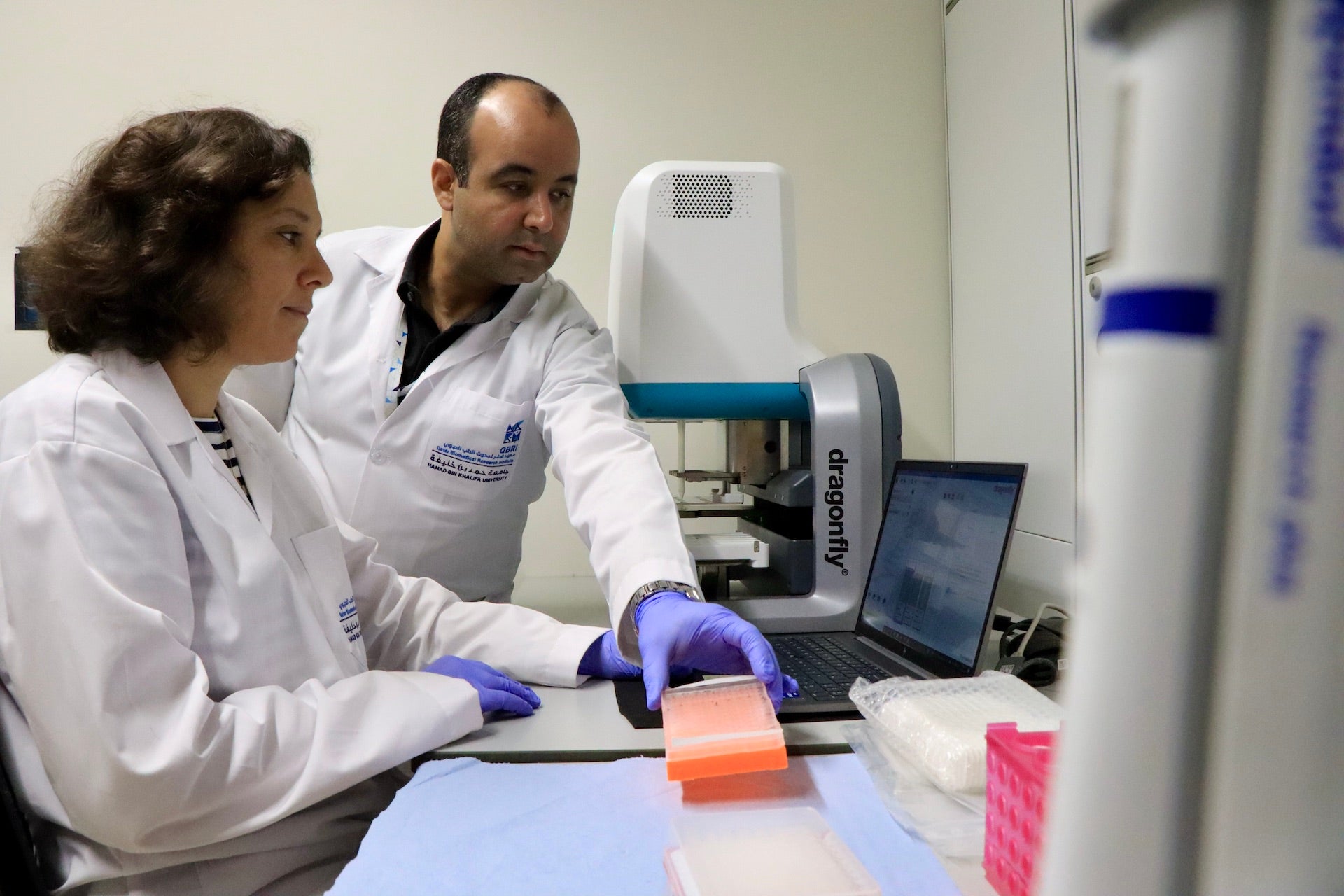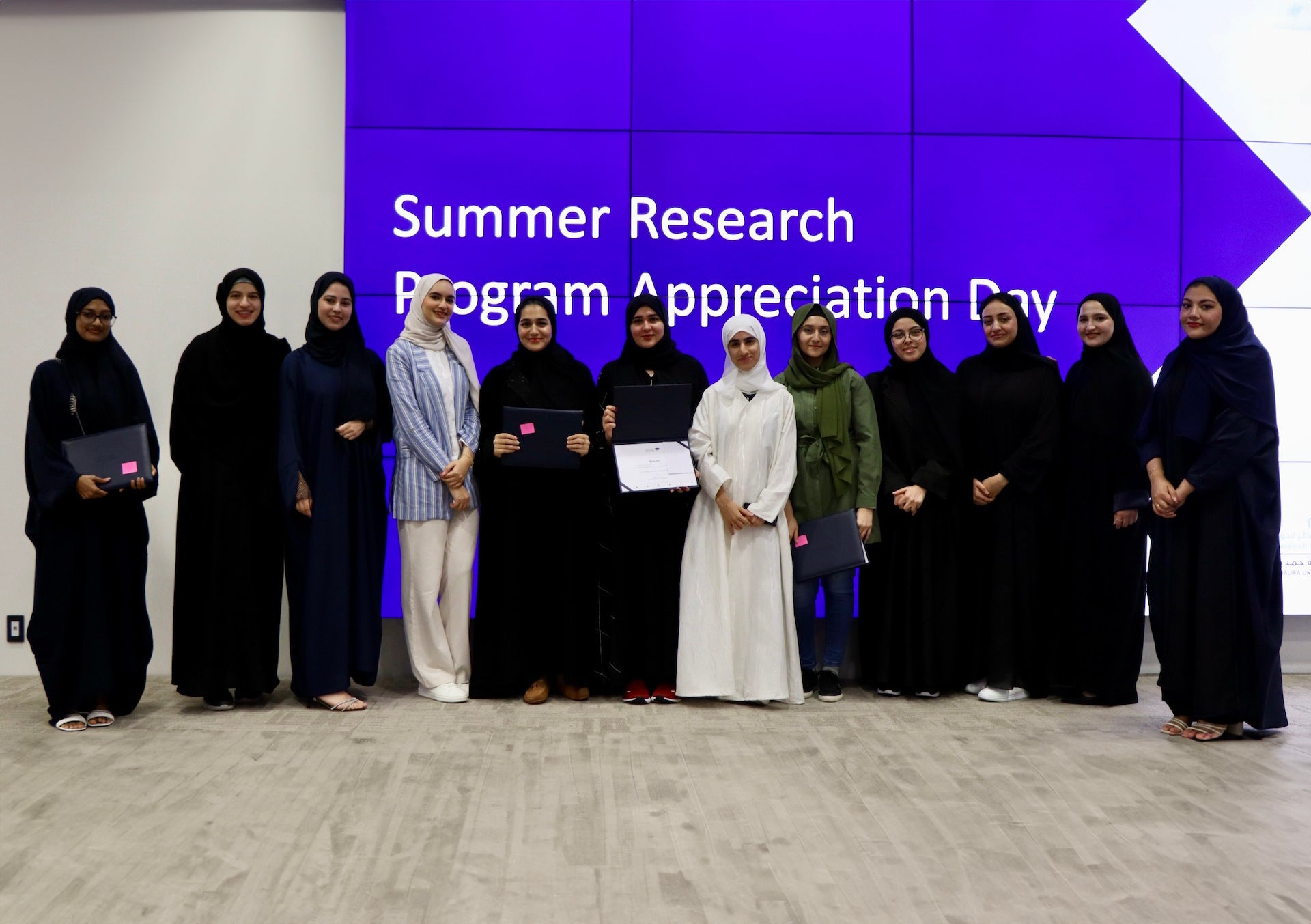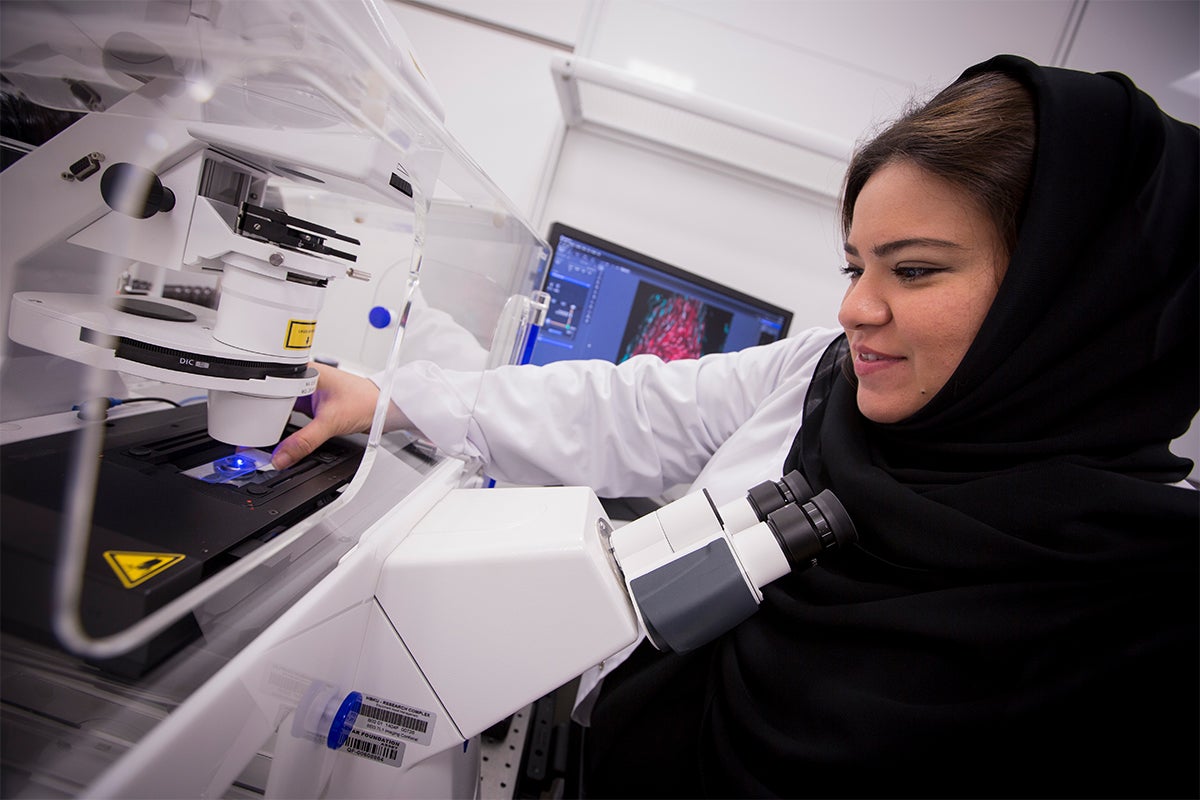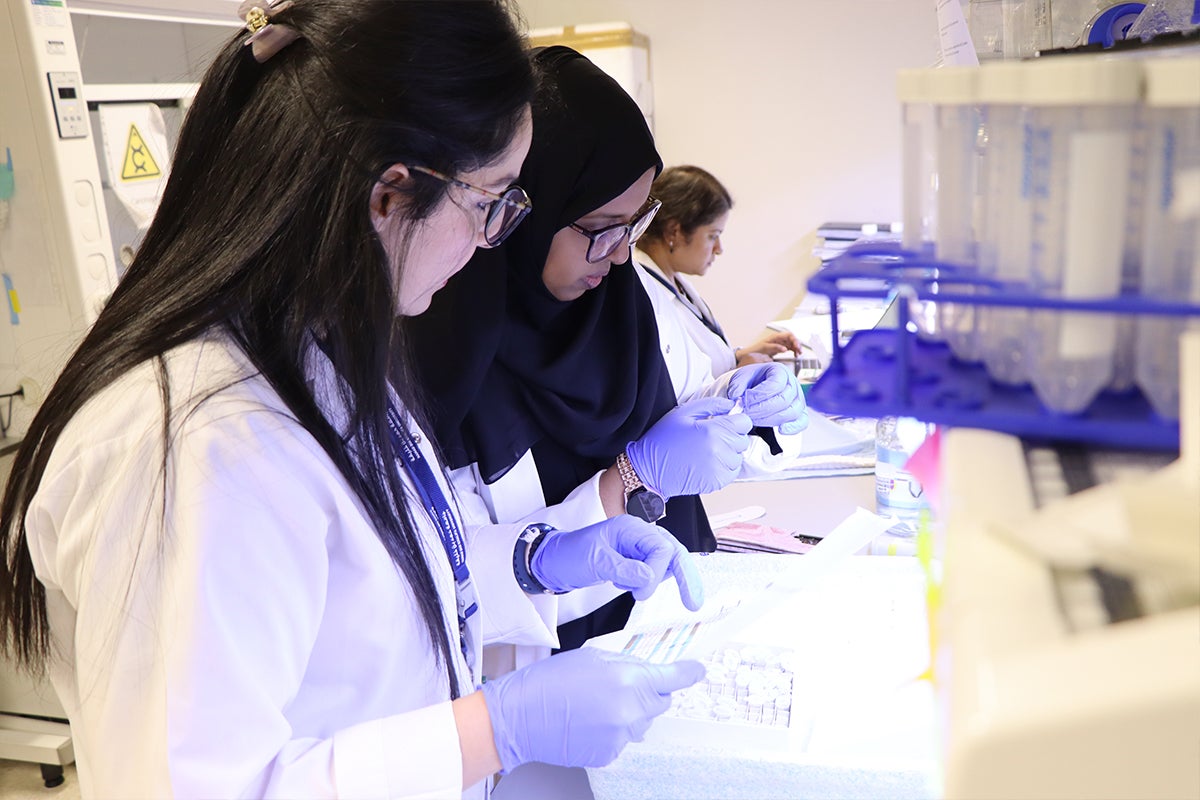
By QBRI research team
The coronavirus disease of 2019 (COVID-19) has wreaked havoc across the globe, with severe complications and a high morbidity rate. While respiratory symptoms have been the primary focus, the impact of COVID-19 on the central nervous system (CNS) has also been a cause for concern. Neurological symptoms in COVID-19 patients, as well as neurological sequelae post-recovery, have been widely reported. However, the molecular signature and signaling pathways affected in the CNS of severe COVID-19 patients have remained elusive. That is until now.
Led by Dr. Houari Boumediene Abdesselem, Proteomics Core Manager, at Hamad Bin Khalifa University (HBKU), a new study has shed light on the neurological protein signature of severe COVID-19. This work, which involved extensive collaborations with other centers and experts in the field, leveraged the unique technical capabilities of proteomics to quickly identify and understand the neurological impact of the virus in real-time during the pandemic.
The study analyzed plasma samples from mild and severe COVID-19 patients as well as healthy controls. Using a state-of-the-art proteomics platform called OLINK technology, the QBRI researchers examined 184 CNS-enriched proteins, and employed a multi-approach bioinformatics analysis to identify a 34-neurological biomarker protein signature specific to severe COVID-19. These findings represent a significant breakthrough in our understanding of the disease's impact on the CNS.
To validate the neurological protein signature, the QBRI team collaborated with external scientists from the United States in order to access independent cohorts’ data, utilizing blood and postmortem brain samples. This rigorous validation process confirmed the presence of the protein signature and its correlation with neurological diseases. The identified proteins were found to correlate with various conditions such as nerve injury, Parkinson's disease, Alzheimer's disease, Amyotrophic lateral sclerosis, and Schizophrenia. This suggests potential shared mechanisms and pathways between severe COVID-19 and these neurological disorders.
The study also uncovered a correlation between the neurological protein signature and pharmacological drugs, specifically risperidone, a drug that improves symptoms of Schizophrenia. This finding opens up new possibilities for repurposing existing drugs or developing novel therapeutic approaches to mitigate the neurological consequences of severe COVID-19.
One of the most crucial implications of this research lies in its potential to aid in the development of prognostic and diagnostic tools for neurological complications in post-COVID-19 convalescent patients. Long-term neurological sequelae, often referred to as "long COVID," have been a cause for concern. With the identified protein signature, healthcare professionals can potentially assess the risk of developing chronic neurological diseases in individuals who have recovered from severe COVID-19, enabling early intervention and personalized treatment strategies.
The extensive collaborations associated with this work have showcased the power of interdisciplinary research and the significance of pooling resources and expertise during times of crisis. By combining the unique technical capabilities of proteomics with bioinformatics analysis, this study has provided invaluable insights into the neurological impact of severe COVID-19.
By unraveling the molecular signature and dysregulated pathways in the CNS of severe COVID-19 patients, QBRI hopes to move one step closer to developing effective strategies to manage and treat the neurological complications associated with the virus. Collaboration between QBRI’s three centers, Hamad Medical Corporation, and Anti-Doping Laboratory - Qatar, has set a precedent for future research endeavors in Qatar, demonstrating the vital role of scientific collaboration and innovative technologies in understanding and combating the challenges posed by global health crises.
The full study can be accessed at: https://doi.org/10.1016/j.nbd.2023.106147
For more information about QBRI, a national center of excellence and a global hub for biomedical and translational research related to diabetes, cancer, and neurological disorders, please visit qbri.hbku.edu.qa














